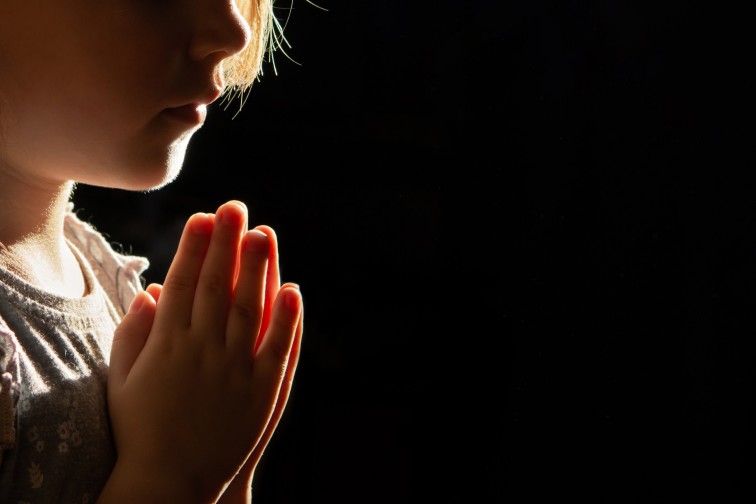Mentioning the word politics is similar to running nails down a chalkboard. Some are able to enjoy a fierce argument about politics, and some would prefer never to mention it. Why has politics become so controversial?
Politics can be defined as activities that relate to influencing the actions and policies of a government. At face value, that shouldn’t be a provocative definition. Rather, we should all be aware of and engaged in the activities that encompass politics. As citizens, we have duties that play a role in political life—whether it be voting, lobbying, or volunteering.
Perhaps our sensitivity toward politics broadly is that people associate it more with affiliations and candidates rather than the engagement itself. As soon as these categories enter, people immediately take sides. An unmalleable binary emerges—either you are a democrat or a republican, a Biden supporter or a Trump supporter. No other options seem to exist.
Political parties themselves are not a bad thing. They are the vehicle by which representative platforms and candidates present themselves to the populace. Furthermore, the party system is prone to shifting, both in policy stances. The 1932 election is a perfect illustration of a paradigm shift.
Then Democrat Franklin D. Roosevelt opened the door for a major switch in party affiliation among voters. With the Great Depression sweeping the nation people turned to FDR and the New Deal as a solution to the economic crisis. The importance of party affiliations seemed to be cast aside momentarily in the face of trouble.
What a large majority of voters understood in that situation was the importance of policy over party. Parties are meant to assist in the political process by organizing common ideals and candidates, but not command our eternal, infallible support. A lifetime commitment to one party hinders the ability for legislation that can actually solve problems.
Unfortunately, there is a growing trend of party animosity. Pew research found that 27% of Democrats see Republicans as a threat to our nation, and 36% of the GOP viewing Democrats in the same way.
This “other as threat” mindset creates a serious roadblock in our political culture, and particularly hinders our legislature.
George Washington himself issued a stern warning of political parties in his Farewell Address in 1796:
It [parties] serves always to distract the public councils and enfeeble the public administration. It agitates the community with ill-founded jealousies and false alarms, kindles the animosity of one part against another, foments occasionally riot and insurrection.
If we take a moment to reflect on the events of the past year, it is clear that his warning has played out before our very eyes. We have taken sides and caused a major rift in our nation
In addition, while our two political parties continue to drift further and further apart, there is also a growing number of independent voters. Why is that? A plausible explanation is people are sick of the divisiveness of parties. Politicians continue to appeal to small factions on the left and right who are the loudest, while neglecting a large portion of both parties.
After the January 6th riot, a Gallup poll found for the first time that 50% of voters identify as independent. Clearly, there is major dissatisfaction with the divisiveness currently embedded in our political system.
Parties can be a good thing for our political process. But it should never deter people from questioning or pushing back on an issue that may not be “mainstream” in their own party. If we are to rekindle the divide in our nation and solve common challenges, then it ultimately is going to require compromise and civility between the major parties.
If you are a Republican or Democrat holding a “non-traditional” party position: don’t change your convictions just to fit the narrative. Healthy political parties require a diversity of opinion and a debate between positions.
Finally, take a look at the people you surround yourself with. Is it an echo chamber? Is there room for debate and disagreement? I would encourage you to look for ways to engage with people from opposing viewpoints and parties. The vast majority of people on both sides are hoping to solve the same issues. The disagreement arises on how to accomplish it.
When you sit down and listen to those you disagree with you can begin to fully understand their position—not merely conceding to agree with them, but showing them dignity and hoping to work together to find a common solution. Based on our current political culture, I think we will all be surprised at what we can solve when the yelling ends and the listening begins.



